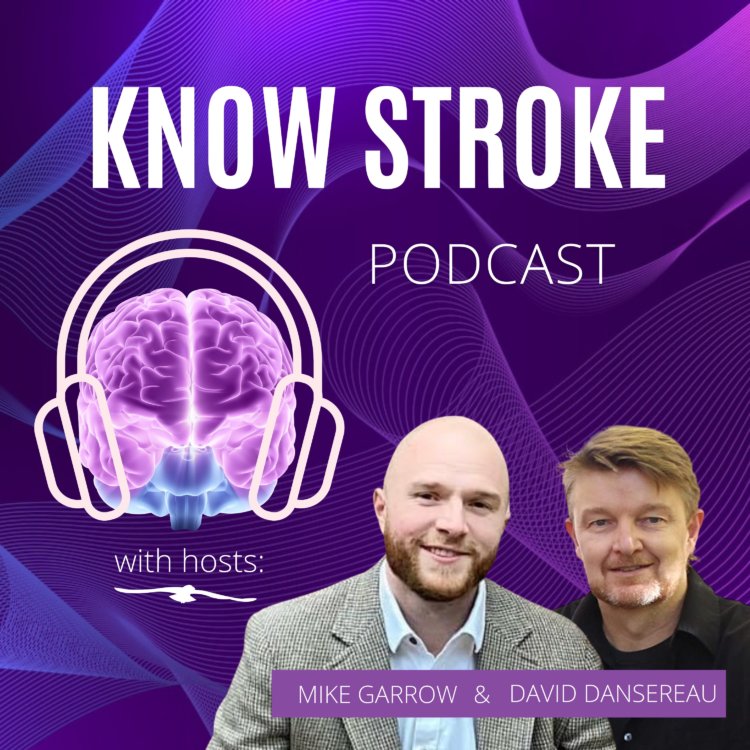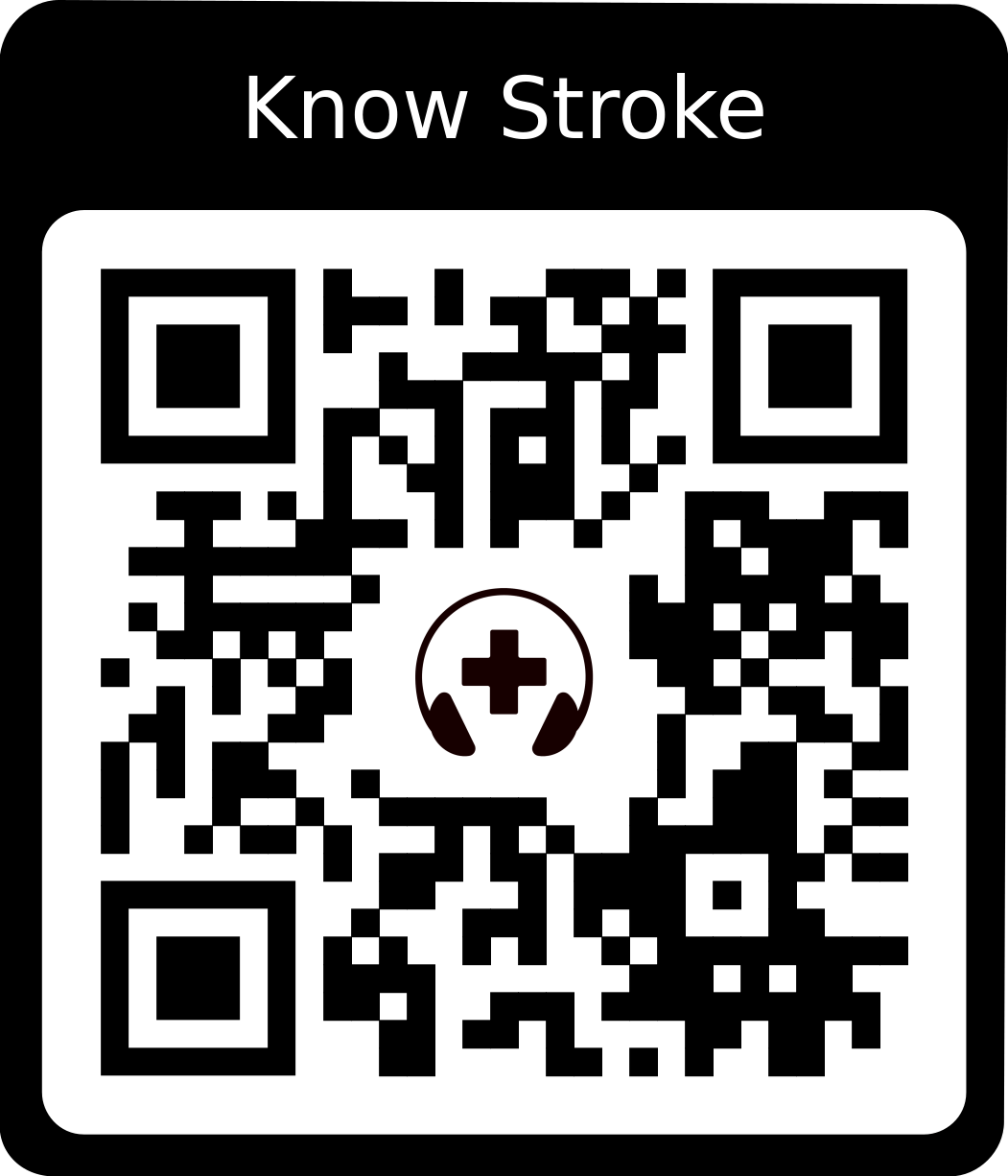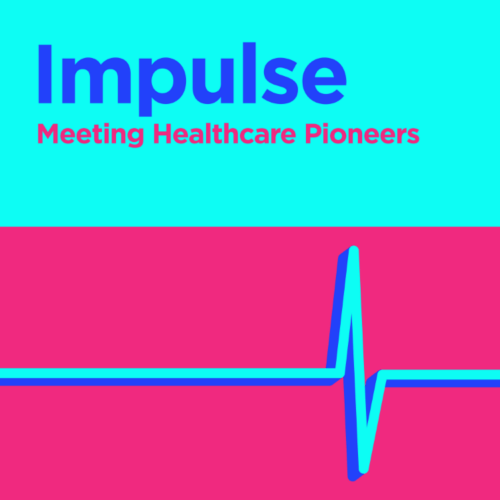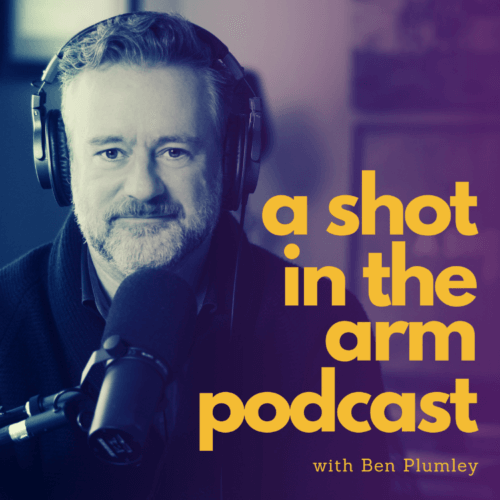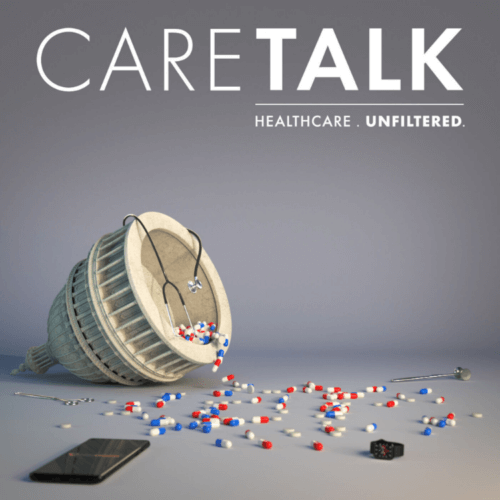Interview with Dr. Heidi Schambra Director of Research Strategy in Neurology and Mobilis Lab NYU Langone
Know Stroke Podcast Episode 30
Stroke commonly damages motor function in the upper extremity (UE), leading to long-term disability and loss of independence in a majority of individuals. Rehabilitation seeks to restore function by training daily activities, which deliver repeated UE functional motions. The optimal number of functional motions necessary to boost recovery is unknown. This gap stems from the lack of measurement tools to feasibly count functional motions.
Today’s guest is Dr. Heidi Schambra from NYU Langone. She and her team at the Mobilis Lab, out of NYU Langone developed the PrimSeq pipeline to enable the accurate and rapid counting of building-block functional motions, called primitives. PrimSeq uses wearable sensors to capture rich motion information from the upper body, and custom-built algorithms to detect and count functional primitives in this motion data. They showed that their deep learning algorithm precisely counts functional primitives performed by stroke patients and outperformed other benchmark algorithms. The study also showed patients tolerated the wearable sensors and that the approach is 366 times faster at counting primitives than humans. PrimSeq provides a precise and practical means of quantifying functional primitives, which promises to advance stroke research and clinical care and to improve the outcomes of individuals with stroke.
In our discussion we covered how this tool can translate into rehab happening in the clinical setting, a patient’s home, and how insurers think about reimbursing stroke rehab.
About our guest:
Dr. Heidi Schambra is an Associate Professor of Neurology and Rehabilitation Medicine, Director of the Division of Neuro-Epidemiology, Director of Research Strategy in Neurology, and Director of the Mobilis Lab. Dr. Schambra received her BS in neuroscience from Brown University and MD from Emory University. She completed her training in neurology at Harvard-Partners and in neurorehabilitation at Burke Rehabilitation Hospital. She also completed a postdoctoral fellowship in motor learning and noninvasive brain stimulation with Dr. Leonardo Cohen at NINDS/NIH. Dr. Schambra was on faculty at Columbia University until 2016, when she joined NYU Langone. When not in the lab, she can be found taxonomizing clouds, cute-aggressing her pets and husband, and menacing New York on a Citibike.
Watch this Episode on YouTube: https://youtu.be/PUGDDVrxjGg
In the news:
Frequent napping may be a sign of higher risks of stroke, high blood pressure
Viz.ai, Hyperfine team up to add image-reading AI to bedside MRI scanners
Show Credits:
Music Show Intro Credit and Podcast Production by Jake Dansereau, connect at JAKEEZo on Soundcloud @user-257386777
Connect with us on social or contact us to be a guest on the Know Stroke Podcast
